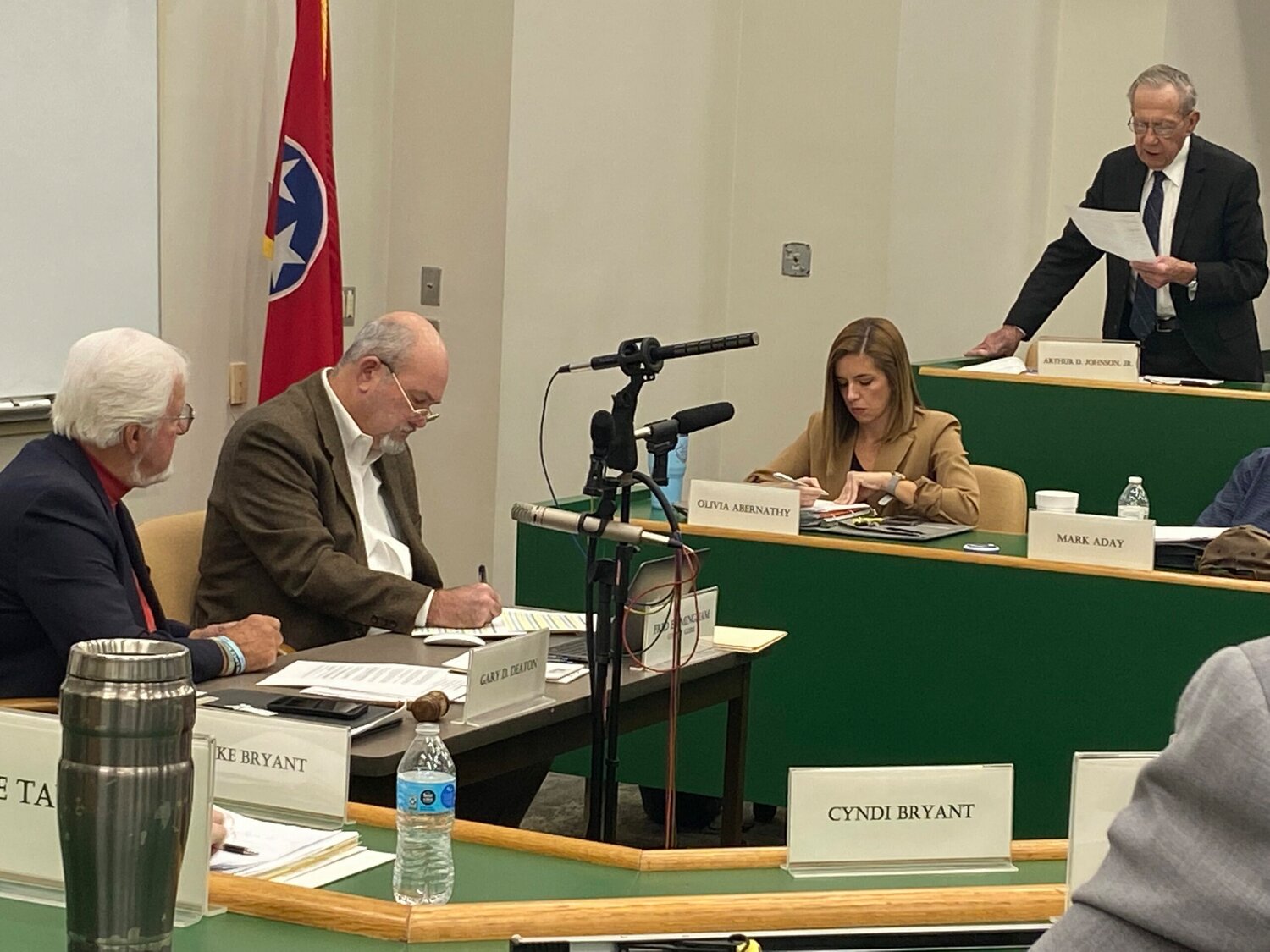OPINION: Public comments should be handled the correct way
The state legislature did a good thing right before their session ended when they passed a law stating that local municipalities are now required to do two things when they have meetings.
They need to send out a formal agenda for their meetings at least 48 hours before they meet. And there is now an official time for public comment at some point during these meetings.
County commission, school board and city council have already had these times in place for their meetings already, but now they’re mandated by state law and those required times don’t just apply to the full bodies’ meetings. They also apply to committee meetings.
That means when the county highway committee or property committee meet and a person comes in whose land is affected by their discussion – which should be clear from the agenda published two days before – there will be an assigned time for that person to be able to officially have their say on the record before the committee members.
This is a great move by the state legislature. Everybody likes to pile on the General Assembly and the State Senate, but if Madison County’s representatives in the House – Johnny Shaw and Chris Todd – and its senator Ed Jackson had anything to do with this passing, y’all deserve a pat on the back for this.
But there is a problem with how Madison County has decided to execute this law.
They’re pretty much adopting the same policy that Jackson-Madison County Schools has enacted in the last three years.
JMCSS Board meetings have a time for public comment, but you have to be preapproved to speak at the meeting. The way you get approved is by signing up that day on a hard copy of the agenda at the Central Office where the Board meets. The other way is to contact the Board’s executive committee made of Superintendent Marlon King and Board Chairman James “Pete” Johnson and get approval from them.
Their reasoning behind this is to keep the amount of unnecessary times of comment to a minimum, which is understandable. I just don’t think this is the way to do that.
Take last week’s school board meeting for example.
Johnson announced at the start of the time that they would take a maximum of 30 minutes for comments, and four people were approved to speak on items on the agenda.
One of the four was asked to step away from the podium because she apparently said she wanted to speak about the “contract renewal,” but there was a breakdown in communication because the renewal she was talking about was her own as a teacher in the district. The agenda item was King’s contract renewal. The other three on the docket got to have their say – all in favor of King getting a raise and an extension.
After those four spoke, another person got up to speak, but he wasn’t on the approved list and was escorted out of the meeting when he refused to leave the podium.
The teacher who spoke sounded like there was a problem at the school administration level with concerns she had for safety within her work environment that she felt wasn’t addressed properly and then was answered with a notification at the end of the school year that her contract wasn’t being renewed.
She can’t address that with the school administration, so she had to go higher. Did she go to the Central Office to discuss with human resources or anyone on King’s leadership team? If not, then she should be able to speak to the board to be heard.
Did the other person who was escorted from the meeting have something constructive to say at the meeting? Maybe. Maybe not. But we don’t know because he didn’t get a chance to speak.
Judging from the round of applause Deputy Superintendent Ricky Catlett and the school resource officer got as they walked the man out, it sounds like few in the room expected anything constructive coming out of the man’s mouth.
But that doesn’t mean he shouldn’t have had three minutes to have his say.
If a citizen of Madison County walks into a county commission meeting of any type with a time for public comment (or the same with a Jackson resident in a city council meeting) with the intent to speak, they should be granted that opportunity and limited to three minutes in case it is nonsense.
Not everything that citizens want discussed in official meetings need to be discussed.
But not everything that needs to be discussed are on agendas either.
Hopefully these regulations will be reconsidered in the future.
Brandon Shields is the managing editor of The Jackson Post. Contact him at brandon@jacksonpost.news. Follow him on Twitter @JSEditorBrandon or Instagram @Editorbrandon.






